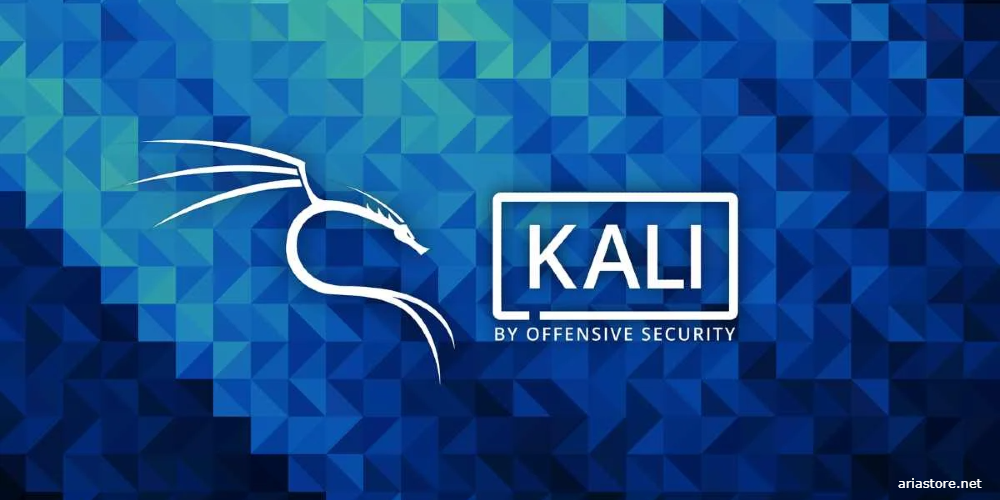
The open-source software industry is experiencing a significant upsurge because it grants users comprehensive access to its source code. This openness allows users to inspect, customize, and enhance the code according to their unique requirements. As of 2020, the market for open-source software stood at a formidable $21.6 billion. It's expected to witness a growth of over 30 percent by the close of the same year, reaching an impressive annual figure of approximately $33 billion.
Among the myriad of software that falls under the open-source umbrella, cybersecurity tools represent a substantial portion. These tools are often available at no cost and offer capabilities that cater to the needs of enterprise-level security. While these free versions are feature-rich, they may not always encompass the full scope of their paid counterparts. Beginners in the cybersecurity field frequently leverage these cost-free options for educational purposes and preliminary testing before committing to a purchase.
Once these tools are deployed, they generally meet expectations, giving security professionals or software developers the flexibility to refine the code to align with specific operational requirements. Small to medium-sized enterprises often adopt a hybrid strategy, incorporating both free and paid open-source solutions to bolster their cybersecurity posture and tailor it to shield their digital assets and networks effectively.
Analyzing the open-source cybersecurity tools alphabetically yields the following noteworthy options:

KeePass
As a secure open-source password manager, KeePass serves as a centralized vault for passwords, streamlining the management of unique credentials for websites, email accounts, servers, and network logins. It uses robust encryption methods like AES-256, ChaCha20, and Twofish to safeguard an entire database, which includes user names and other sensitive data alongside passwords.
Metasploit Framework
Ideal for exploitation and vulnerability discovery, the open-source Metasploit Framework enables proactive security testing against known vulnerabilities. With its structured workflow and customization capabilities, it also supports network auditing and port scanning, probing around 250 common ports open to external access.
Kali Linux
A Debian-based Linux distribution, Kali Linux presents a suite of free software, cybersecurity utilities, and penetration testing tools. This distribution is renowned for supporting hacking-related tasks, coming preloaded with an assortment of utilities tailored for recon missions and payload delivery.
Kali Linux works seamlessly with WSL (Windows Subsystem for Linux), allowing users to run Linux executables straight from a Windows 10 environment. Moreover, its compatibility extends to embedded devices such as Raspberry Pi, Beaglebone, Odroid, various Chromebooks, and Android OS.

Nikto
This open-source web server scanner diligently scans for numerous vulnerabilities. Nikto's comprehensive checks span over 6,700 risky files/programs and verify if server versions are up-to-date, covering more than 1,250 server types. Additional checks include server configuration issues and the detection of installed web server software.
Nmap
Network Mapper, or Nmap, is a quintessential tool for penetration testing and security auditing that employs NSE scripts to identify network vulnerabilities, misconfigurations, and security threats. Before a security assessment, Nmap evaluates network and port structures and harnesses scripts to pinpoint security concerns. While it shines in scanning expansive networks, it's equally adept at evaluating single hosts and is compatible with Linux, Windows, and Mac OS X.
OpenVAS
OpenVAS stands out as a comprehensive, fully-featured open-source vulnerability scanner. Its capabilities allow for both unauthenticated and authenticated testing across a spectrum of Internet and industrial protocols. The tool supports large-scale scan optimizations and offers a bespoke internal programming language for conducting diverse vulnerability assessments.

OSSEC
OSSEC stands out as a versatile Host-based Intrusion Detection System (HIDS) that is open source, easily scalable, and designed for various platforms. Committed to remaining cost-free, OSSEC can be deployed both locally and on cloud infrastructures. It excels in safeguarding servers and serves as an adept log analysis tool, keeping tabs on an extensive range of logs from firewalls, intrusion detection systems, web servers, and authentication mechanisms.
Capable of identifying cyber threats and unexpected system alterations in real time, OSSEC can enact firewall policies and integrate smoothly with third-party services like content delivery networks (CDNs) and support platforms. It boasts self-repairing functions and conducts thorough application and system audits, ensuring compliance with widely recognized standards such as PCI-DSS and CIS.
VeraCrypt
VeraCrypt features as an indispensable disk encryption tool compatible with various operating systems, including Windows, Mac OSX, and Linux. This powerful utility allows the creation of a virtual encrypted disk within a file, which can then be utilized as a genuine disk.
With VeraCrypt, users can encrypt full partitions or storage devices such as USB sticks or hard drives, ensuring their data remains secure, whether stored locally or in the cloud. Moreover, it delivers pre-boot authentication by encrypting the partition or drive that hosts the Windows OS. VeraCrypt performs encryption on the fly and also supports the creation of concealed disks and stealth operating systems.

Security Onion
The Debian-based Linux distribution Security Onion is tailored for threat detection, security monitoring, and log management within an enterprise environment. It unifies a multitude of security applications, including Elasticsearch, Logstash, Kibana, Snort, Suricata, and Zeek, among others, with OSSEC, Wazuh, Sguil, Squert, and NetworkMiner also in its arsenal.
Security Onion offers a holistic open-source security solution that equips users with an array of tools to identify threat patterns and oversee network health effectively.
Wireshark
Wireshark is widely recognized as a free, open-source network protocol analyzer that grants cybersecurity professionals the ability to dissect network interactions in great detail. Compatible with a range of platforms, including Windows, Linux, macOS, Solaris, FreeBSD, and NetBSD, Wireshark allows users to execute live traffic analysis, store specific packet data, scrutinize packet structures, and detect network inconsistencies.
It executes thorough live capture and offline data examination, with capabilities to decrypt numerous protocols such as IPsec, ISAKMP, Kerberos, SNMPv3, SSL/TLS, and WEP/WPA/WPA2, offering a granular view of network traffic for troubleshooting and security inspections.
In summary, the proliferation of open-source software, particularly in cybersecurity, provides a wealth of resources for organizations of all sizes. Tailoring these solutions to meet the distinctive needs of a business can significantly strengthen its defense against cyber threats.
Leave a comment
Your comment is awaiting moderation. We save your draft here
0 Comments